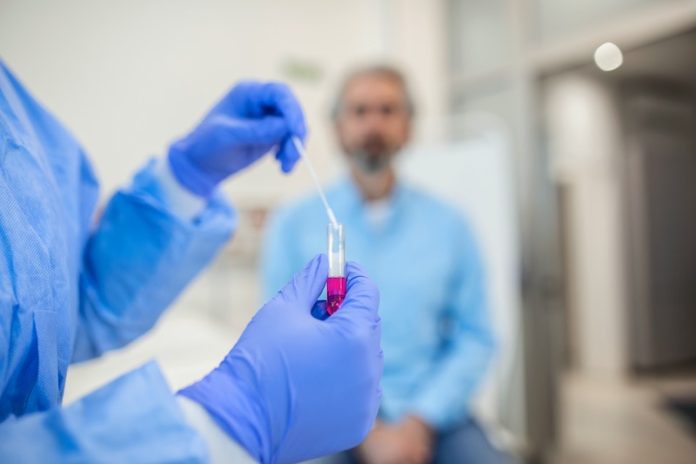
Pancreatic ductal adenocarcinoma (PDAC), one of the most aggressive types of pancreatic cancer, has a grim five-year survival rate of just 8%.
However, a recent study by the Francis Crick Institute holds promise for future therapeutic strategies against this formidable disease.
The Significance of Cancer Stem Cells
Led by Axel Behrens, the research team zeroed in on cancer stem cells, a unique set of cells within the tumor.
These cells, akin to healthy human stem cells, can initiate new tumors and morph into different types of tumor cells, thus propelling cancer growth. Their detection is crucial for developing effective treatments.
CD9: A Marker for Cancer Stem Cells
The researchers, in their study published in Nature Cell Biology, identified a protein called CD9 consistently present on cancer stem cells throughout all stages of tumor growth, suggesting its potential as a marker to locate these cells.
CD9: An Active Promoter of Cancer Stem Cells
The study also unveiled CD9’s role beyond being a passive marker. CD9 actively spurs the malignancy of cancer stem cells.
Through experimental manipulations in mice tumor cells, the team found that decreasing CD9 levels resulted in smaller tumors.
Conversely, elevated CD9 levels rendered cancer cells more aggressive, leading to the quick formation of large tumors.
This discovery aligns with existing clinical data, wherein patients with higher CD9 levels typically have a poorer prognosis.
CD9’s Influence on Cancer Cell Metabolism
Probing further into CD9’s role, researchers found that it boosts the rate of glutamine absorption in cells. Glutamine is an amino acid that feeds cancer growth.
Future Implications: Starving Cancer Cells
The findings suggest a new therapeutic approach: targeting CD9 could disrupt the glutamine supply to cancer stem cells, effectively “starving” cancer.
This strategy could mark a significant advancement in combating pancreatic cancer and potentially save many lives.
While it is just a preliminary step, this discovery sparks hope for those grappling with this devastating disease.
If you care about cancer, please see recent studies about new ways to increase the longevity of cancer survivors, and results showing new ways to supercharge cancer-fighting T cells.
For more information about health, please see recent studies about how drinking milk affects the risks of heart disease and cancer and results showing that vitamin D supplements could strongly reduce cancer death.
Copyright © 2023 Knowridge Science Report. All rights reserved.



